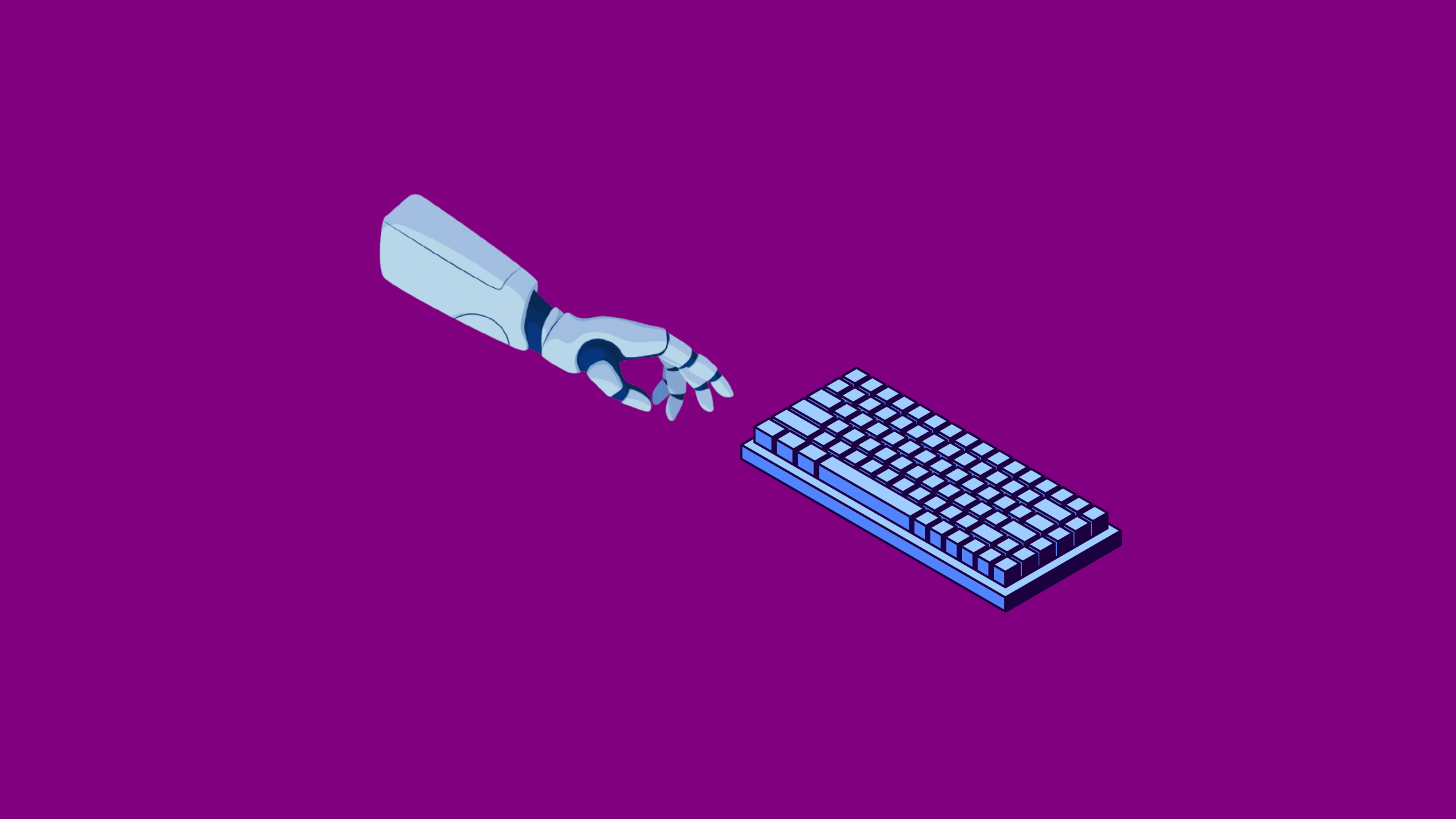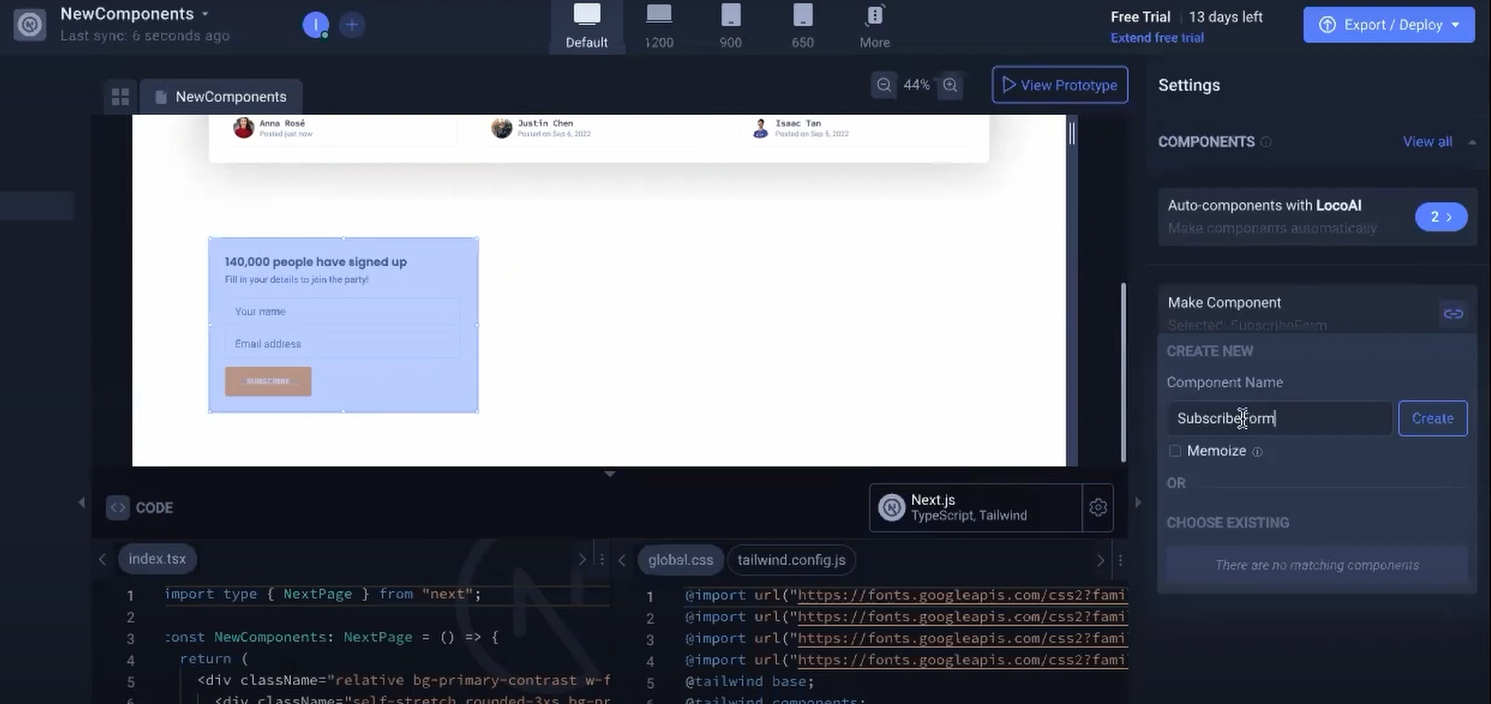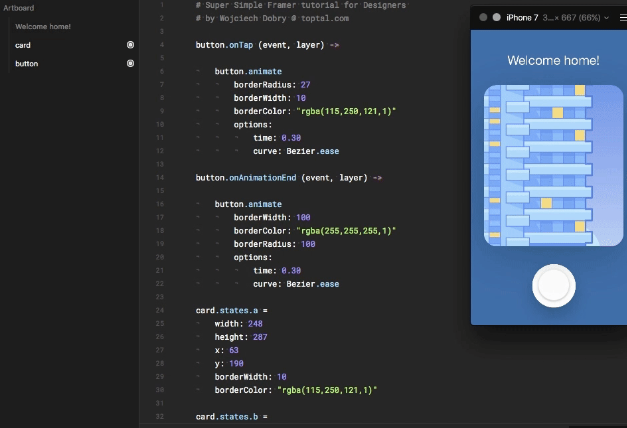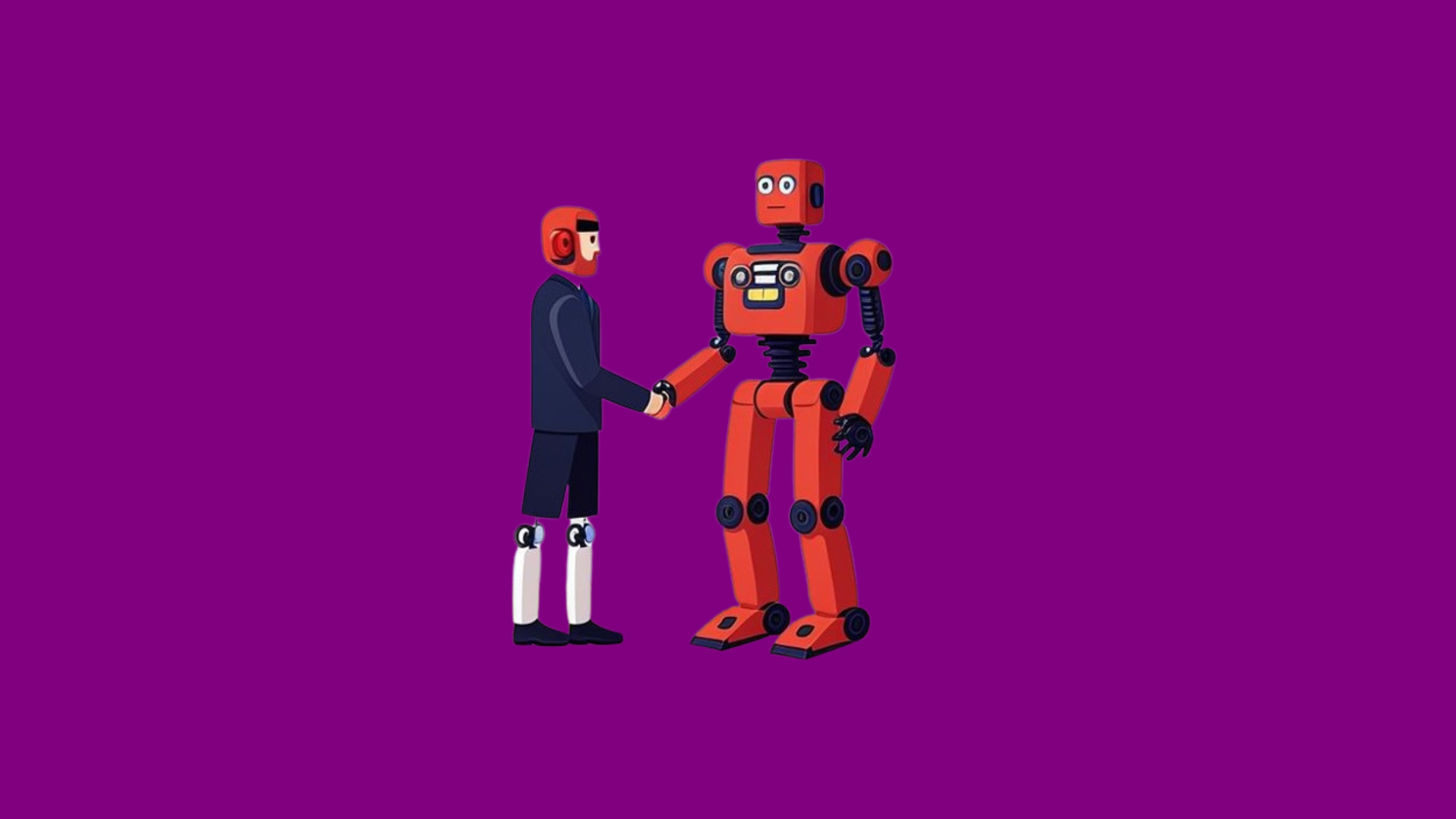
We get it.
Merriam-Webster says:
Algorithm (noun): a step-by-step procedure for solving a problem or accomplishing some end
What better than a machine could execute the steps from the beginning until the solution?
6 months ago Cognition, with a video that became viral, launched Devin, the first AI software engineer.
In the last few years the world of code became home to several AI tools (e.g. Microsoft Copilot, v0 by Vercel, or the code editor Cursor)
Will AI take over Front-End developers work?
Is AI-generated code any good?

Developing UIs means going over three steps:
- Recreating visual elements in code (either with a component library or from visual editors like Figma),
- Adding interactivity and logic to the app, fetching data (e.g. from an API),
- Making sure the front-end is functional.
When Figma Dev Mode was launched (in beta), the concept of extracting code from a design to integrate it into the code base paved the way to code generators promising to produce better quality code.
Locofy.ai, Anima, Framer, Uizard all followed the path, introducing the concept of AI generated code that would sediment a design in HTML and CSS.
A recent review by Liubomyr Mudryi at Oril, shows that the range of their performance varies greatly.
But is that even the point?
Generated code vs written code

Apart from the quality of generated code, there are a few other concerns when it comes to using it:
- Predictability matters - Generated code (oftentimes even reworked by AI) crushes with one fundamental concept behind good engineering: predictability. Engineers cannot rely on code whose scope, before functionality is readability.
- Who is going to maintain it - Generating code is a liability more than an asset, as it requires to be maintained and could differ greatly from the heuristic the developer could create.
- Resilience - In a world where the feedback loop on the UI should be instant, generated code is not as flexible to changes as it sediments any change into a static piece of code that, once integrated, can become obsolete pretty fast.
While AI can be of great help generating a draft of a design and significantly shorten the learning curve for people willing to build software, rendering a design that was built in Figma requires it to be the single source of truth for the UI.
The Future of Front-End Development

At Polipo, before asking ourselves "Is there AI in it?" we like to say "Does it solve a real problem?".
Even though AI will have a massive impact to Front-End developers work, it is unlikely it will entirely substitute every task they perform.
Front-end engineers write an incredible amount of code with no logic, whose sole purpose is to transfer what was built on a visual editor (Figma, in 75% of the cases).
Polipo brings the UI from Figma to the front-end leaving developers the possibility to reference the visual elements by their name on Figma.
We are the future of front-end development.
Would you like to try us?
Start here.